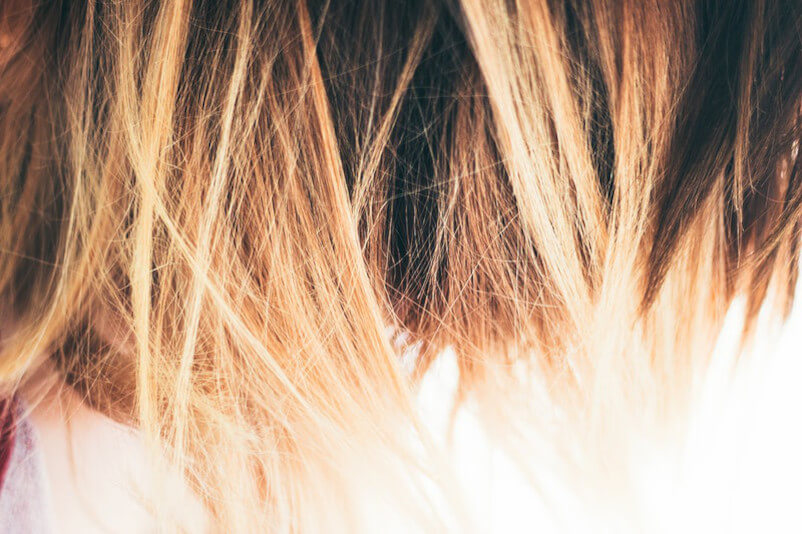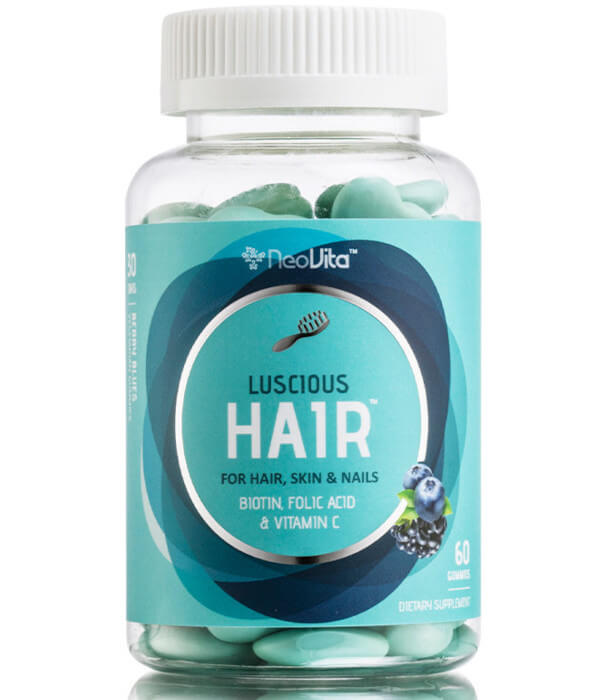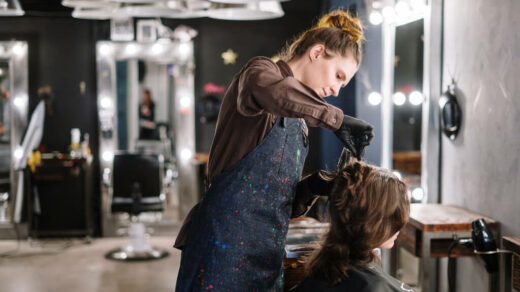Techniques for Maintaining a Healthy Scalp and Glowing Hair
A lot of people don’t give much thought to the condition of their scalps. Instead, we think about our hair’s needs first and foremost when selecting a shampoo, conditioner, and other hair care products. For individuals who have scalp problems, however, the situation is unique. Itching all the time is annoying for some people, and having dandruff flakes land on their clothes is embarrassing. Taking the time to learn proper scalp care will result in a healthier scalp, greater mental calm, and perhaps even an increase in self-assurance.
Warning Signs of an Unhealthy Scalp
If something is wrong, it may show up first on our scalp. Symptoms of a sick scalp often include:
- Skin bumps that itch and burn on the scalp
- Extreme greasiness
- Thinning hair
- Dandruff
See a dermatologist when any of the above symptoms persist or cause you concern. It’s possible that the medication you’re taking, or the hair product you’re using, is to blame. A dermatologist can advise you on the best course of action. The loss of a significant amount of hair regularly could be a sign of a more serious health problem that needs to be addressed.
Gains From Maintaining a Healthy Scalp
Hair vitality is directly proportional to scalp wellness. Your scalp is analogous to farmland, the health of plants growing in poor soil is directly related to the quality of the soil itself. In a similar vein, anything that can lead to inflammation of the scalp can be detrimental to the health and survival of hair. About one hundred thousand hair follicles reside on each human scalp. Each follicle, like a grain, has a single strand that grows. Hair follicles secrete oil, or sebum, which means keeping the scalp hydrated and fighting off infections.

Hair follicles are located quite deeply within the scalp, and they host their unique microbiome. In addition to the gut, the scalp hosts its unique microbiome of bacteria and other organisms. Dandruff, seborrheic dermatitis (which also causes scaly spots), and atopic dermatitis have all been connected to an unbalanced microbiome on the scalp (eczema). Dry scalp, flaking skin, seborrheic dermatitis, atopic dermatitis, and psoriasis are all associated with brittle hair, split ends, and a lack of shine. Inadequate scalp care, which is common among those with these conditions, can also contribute to hair loss.
Methods for Promoting a Healthy Scalp
Modifying your current hair care routine can have a significant impact on the condition of your scalp. The solution could be as simple as using a milder shampoo or limiting the frequency with which you straighten your waves. When all else fails, it’s time to consult a dermatologist.
Treat Your Hair With Mild Hair Care Products
If you want a healthier scalp, you should probably stop using items that incorporate sulfates, alcohol, and perfumes. Sulfates remove dead cells and organic oils from your hair, leaving your scalp dry and more susceptible to irritation. Furthermore, using goods that incorporate alcohol or fragrances can further dry out your already delicate skin and scalp. Hair will feel dry, broken, and frizzy, and an inflammatory response will cause an itchy, agitated scalp. Hair treatments like dyes and bleaches are also to be avoided as they contain harsh chemicals. The hair follicles and skin of the scalp could be harmed by these.
The Softest Possible Shampoo
As you wash your hair, gently rub your scalp instead of scrubbing it. This will improve blood flow and prevent scalp abrasions.
Do Not Wash as Frequently
One’s first instinct might be to wash their hair more frequently in the hope of reducing the oil buildup that can lead to unattractive greasy locks. It’s possible, though, that this strategy will fail. Overwashing with shampoo can diminish the hair’s natural oils. The result is oily hair because your scalp needs to produce more oil to stay hydrated. Those who suffer from dry or itchy scalps should try going longer in between washes to restore oil balance. Umar says it’s fine to wash your hair no more than three or four times per week.
Use an Omega-3 Booster
Many people believe that using a supplement containing fish oil can aid in stimulating hair growth and forestall hair loss, but there is little solid evidence to support this. Women who noticed their hair thinning took either a fish oil supplement (which also included other essential minerals) or a placebo. A study found that people who took fish oil for 90 days saw improved hair development and strength. Another study found that after 6 months of supplementation with omega-3, omega-6, and anti-oxidants, women with female hair loss saw a rise in hair concentration and a decline in loss of hair.
The increased blood flow to the scalp caused by omega-3s and fish oils is beneficial to the hair. They also alleviate inflammation, which may play a role in hair thinning. To make sure a product is safe for you and to get advice on which one is best, consult your doctor.
Improve Your Diet With More Anti-oxidants

Damage from oxidative stress is caused when the body’s production of free radicals exceeds its ability to neutralize them with antioxidants. It is believed that oxidative stress, which has been linked to diseases like diabetes, heart disease, and cancer, also negatively impacts the health of the scalp and leads to hair loss. Visit this page to get your hands on hair loss supplements.
Fruits and Vegetables Are the Ideal Places to Get Your Antioxidant Fix
Obtain the wide range of antioxidants that nature provides by eating a diverse selection of fresh fruits and vegetables. The advantages of each variety go far beyond the appearance of your hair.
Attempt Probiotics
It is possible to boost digestive health and restore microbial balance by using a probiotic. Since the scalp is skin and intestinal well-being is connected to healthy skin, supplementing with a probiotic could boost the skin’s microbiome and support a healthy scalp. The use of a probiotic that contains at least two different types of bacteria, like Lactobacillus and Bifidobacterium, is highly suggested. Particularly, Lactobacillus reuteri has been demonstrated to aid in hair thickening in mice.
Scrub Your Scalp
The epidermis on your head can benefit from exfoliation, too, and a scalp scrub works just like a facial scrub. Scrubs, which may stimulate hair growth by widening the capillaries underneath the epidermis, involve chemicals or physical exfoliants that remove dead skin cells, oil, and dandruff. (You may also experience a calming effect and relieve stress.) Once you have maintained the health of your hair, check out these trendy hairstyles that can be done at home.



